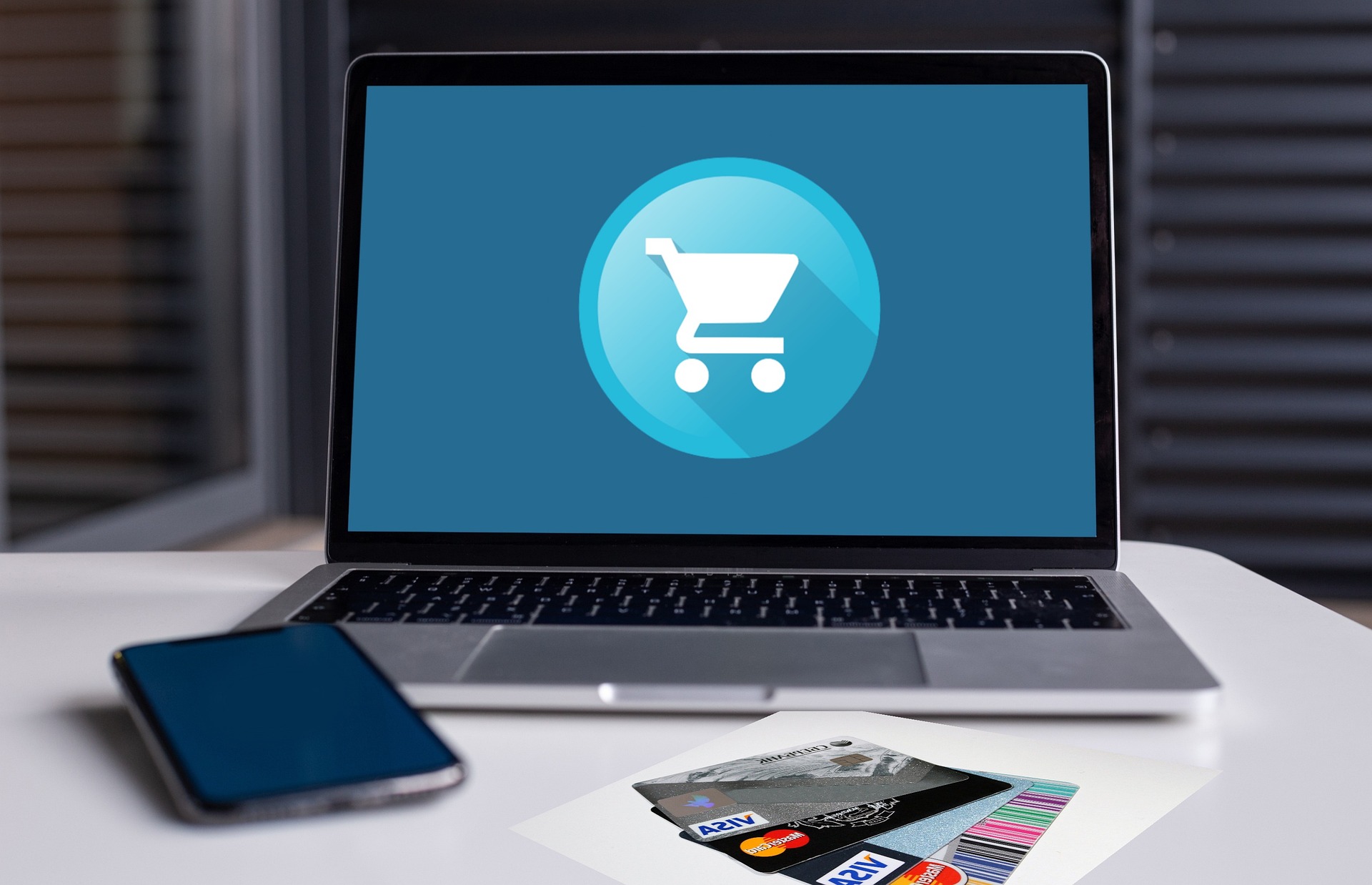Flexible Payment Options for iPhone Purchases
Buy now, pay later services have transformed how consumers purchase high-value items like iPhones. These payment solutions allow shoppers to spread costs over time without traditional credit checks, making premium smartphones more accessible. Understanding how these services work, their benefits, and available options can help you make informed purchasing decisions that align with your budget and financial goals.

Understanding buy now, pay later services
Buy now, pay later (BNPL) services represent a modern financing solution that bridges the gap between immediate purchase desire and budget constraints. These platforms allow consumers to acquire products immediately while paying in installments over weeks or months. Unlike traditional credit cards, BNPL services typically offer interest-free periods and simplified approval processes. Major providers include Affirm, Klarna, Afterpay, and PayPal Pay in 4, each offering distinct terms and conditions. The appeal lies in transparency—fixed payment schedules with no hidden fees if payments are made on time. For iPhone purchases, which often exceed several hundred dollars, BNPL services make premium technology accessible without requiring full upfront payment.
Exploring buy now, pay later options for iPhone purchases
Several pathways exist for purchasing iPhones through BNPL arrangements. Apple itself offers the Apple Card Monthly Installments program, allowing qualified customers to split iPhone costs over 24 months with zero interest. Third-party retailers like Best Buy, Target, and Amazon partner with BNPL providers to offer flexible payment options at checkout. Wireless carriers also provide installment plans, though these often tie to service contracts. When comparing options, consider the payment term length, any interest charges after promotional periods, late payment fees, and whether the plan affects your credit score. Some services perform soft credit checks that don’t impact credit ratings, while others report to credit bureaus. Reading terms carefully ensures you select a plan matching your financial situation and preferences.
The benefits of buy now, pay later for iPhones
BNPL services offer multiple advantages for iPhone buyers. First, they improve affordability by breaking large purchases into manageable payments, making flagship models accessible to broader audiences. Second, many services charge no interest during promotional periods, potentially saving money compared to credit card purchases. Third, the application process is typically faster and less stringent than traditional financing, with instant approval decisions. Fourth, BNPL can help budget-conscious consumers avoid accumulating credit card debt while still accessing needed technology. Fifth, some providers offer purchase protection and return policies that complement manufacturer warranties. However, benefits come with responsibilities—missed payments can trigger fees, interest charges, and potential credit score impacts. Successful BNPL use requires disciplined budgeting and commitment to payment schedules.
Real-world cost insights and provider comparison
Understanding the actual costs associated with BNPL iPhone purchases helps set realistic expectations. iPhone models range from approximately $429 for the iPhone SE to over $1,199 for the iPhone 15 Pro Max. Payment structures vary significantly across providers. The table below illustrates typical BNPL options for a mid-range iPhone priced at $799:
| Provider | Payment Term | Monthly Payment | Interest Rate | Total Cost |
|---|---|---|---|---|
| Apple Card Monthly Installments | 24 months | $33.29 | 0% | $799 |
| Affirm | 12 months | $68.42 | 0-30% APR | $799-$900+ |
| Klarna | 4 payments | $199.75 biweekly | 0% | $799 |
| PayPal Pay in 4 | 4 payments | $199.75 biweekly | 0% | $799 |
| Afterpay | 4 payments | $199.75 biweekly | 0% | $799 |
Prices, rates, or cost estimates mentioned in this article are based on the latest available information but may change over time. Independent research is advised before making financial decisions.
Interest rates with Affirm depend on creditworthiness, with qualified buyers receiving 0% APR while others may face rates up to 30%. Shorter-term plans like Klarna, PayPal, and Afterpay typically avoid interest but require larger biweekly payments. Late fees range from $7 to $25 per missed payment depending on the provider. Some services cap total late fees, while others assess penalties for each delayed installment.
Eligibility requirements and application process
BNPL providers maintain varying eligibility criteria, though most share common requirements. Applicants typically must be at least 18 years old, possess a valid government-issued ID, maintain an active checking account, and provide a working phone number and email address. Some services require minimum credit scores, while others focus on income verification and banking history. The application process is straightforward: select BNPL at checkout, provide requested information, receive instant approval decision, and complete the purchase. Soft credit checks don’t affect credit scores, but some providers perform hard inquiries for larger purchases. Approval isn’t guaranteed—factors like existing BNPL debt, overdraft history, and payment behavior with other services influence decisions. Building positive payment history with one provider can improve approval odds with others.
Managing payments and avoiding pitfalls
Successful BNPL usage requires proactive financial management. Set up automatic payments through your bank account to avoid missed deadlines and associated fees. Track all active BNPL commitments using budgeting apps or spreadsheets to prevent overextension. Understand that multiple simultaneous BNPL plans can strain budgets even if individual payments seem manageable. Read contract terms thoroughly, noting payment schedules, grace periods, and fee structures. Contact providers immediately if financial difficulties arise—many offer hardship programs or payment rescheduling options. Remember that BNPL is debt, even without interest charges, and should factor into overall financial planning. Avoid treating BNPL as free money or justification for purchases beyond your means. Used responsibly, these services provide valuable flexibility; misused, they can create financial stress and damage credit standing.
Conclusion
Flexible payment services have democratized access to premium smartphones like iPhones by offering installment plans that are often interest-free. Understanding available options, comparing provider terms, and managing payments responsibly ensures these services enhance rather than complicate your financial life. Whether choosing Apple’s own installment program or third-party providers, the key lies in selecting plans aligned with your budget and maintaining disciplined payment habits. As these payment solutions continue evolving, staying informed about terms, costs, and best practices empowers consumers to leverage these tools effectively while avoiding common pitfalls.




